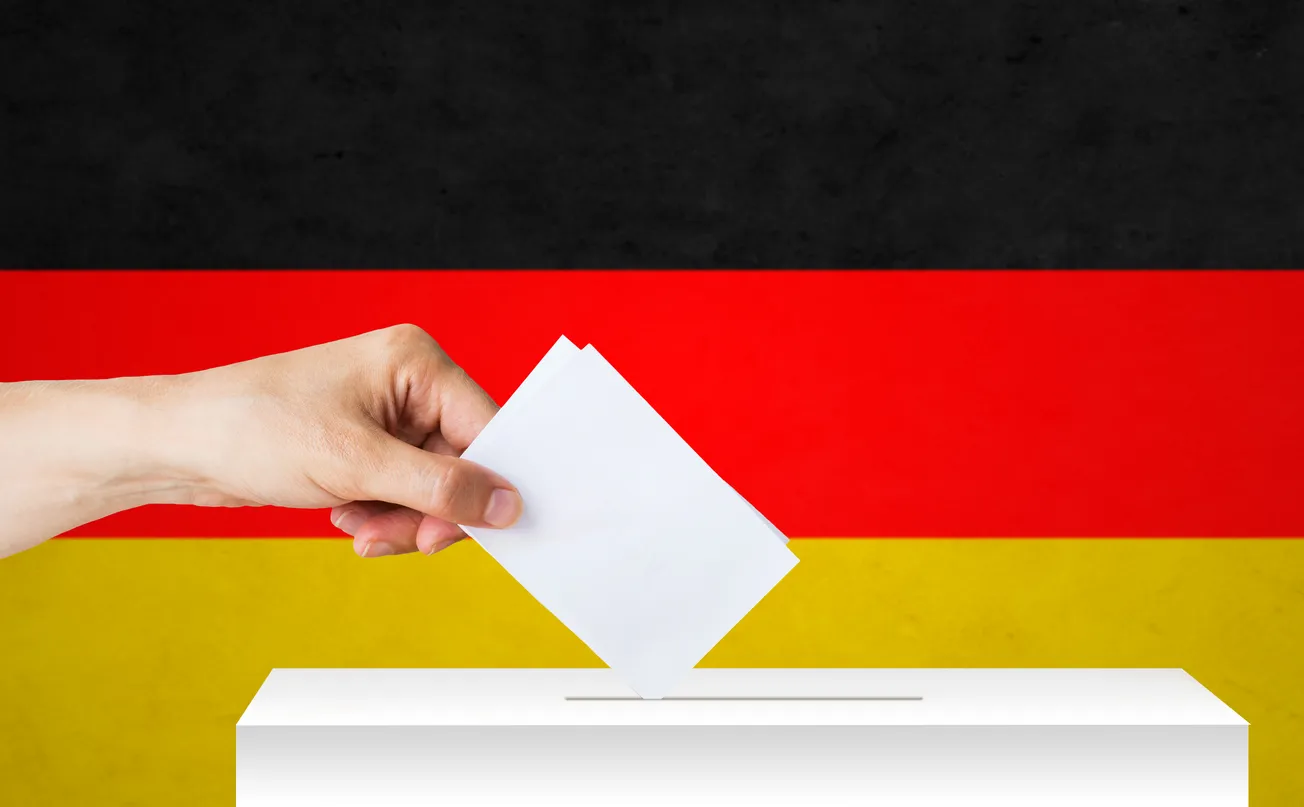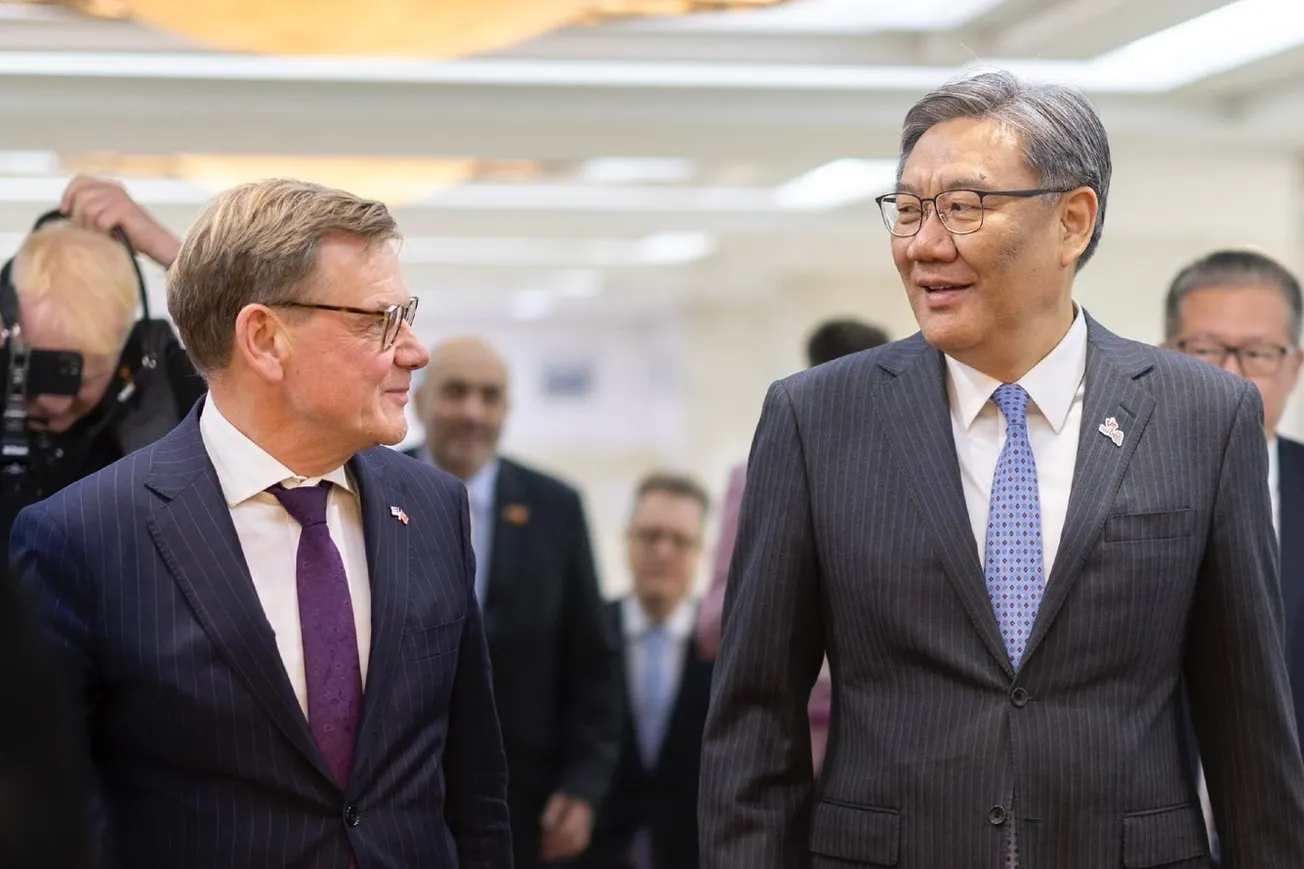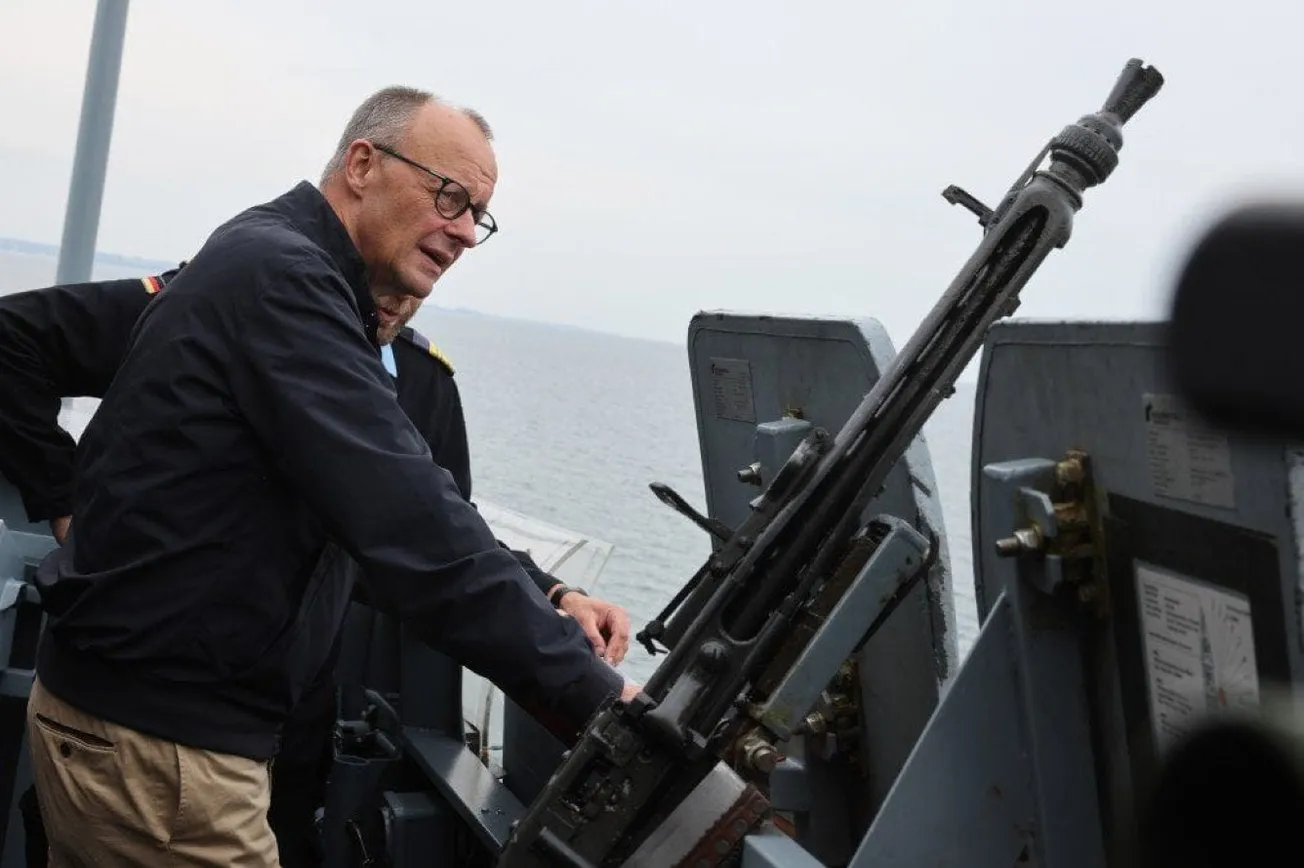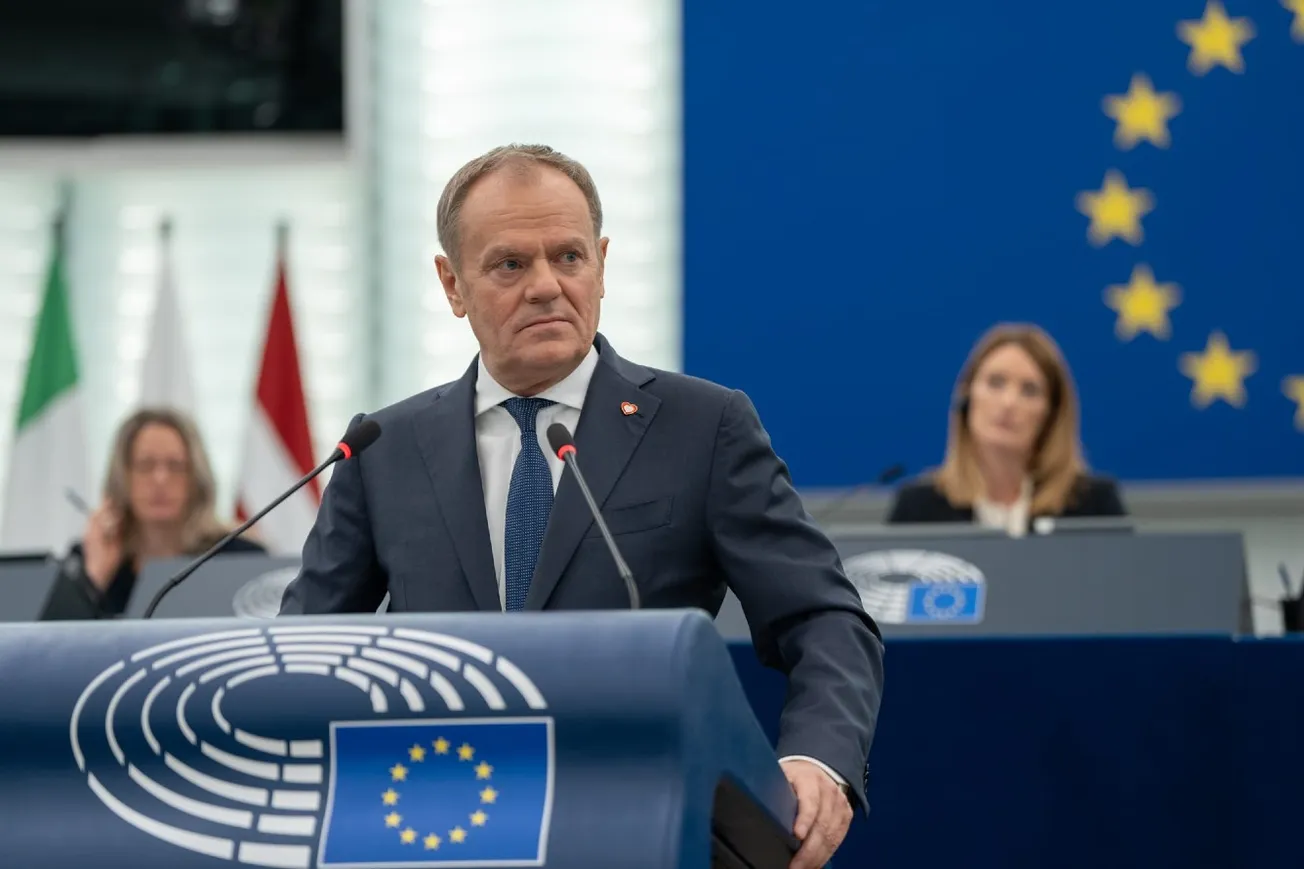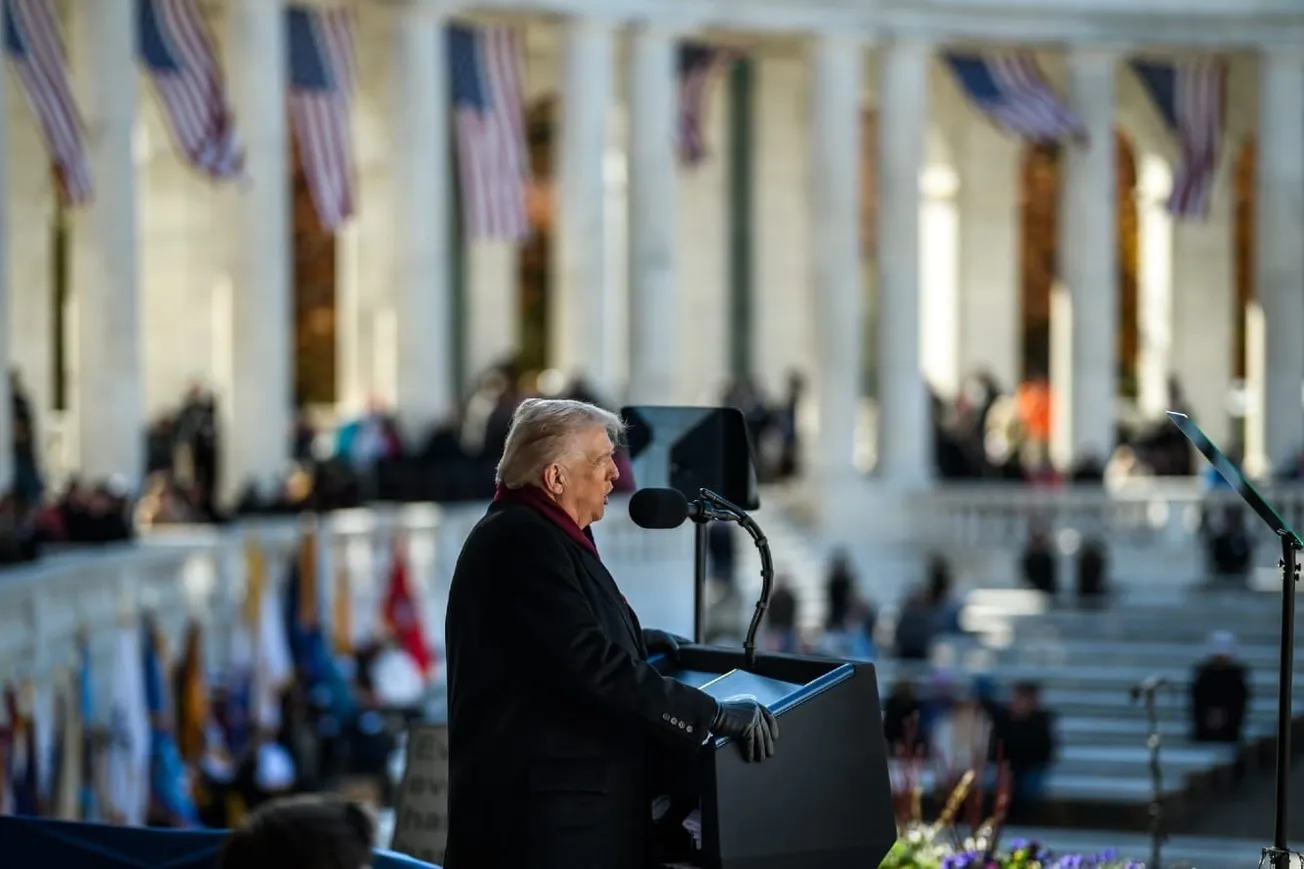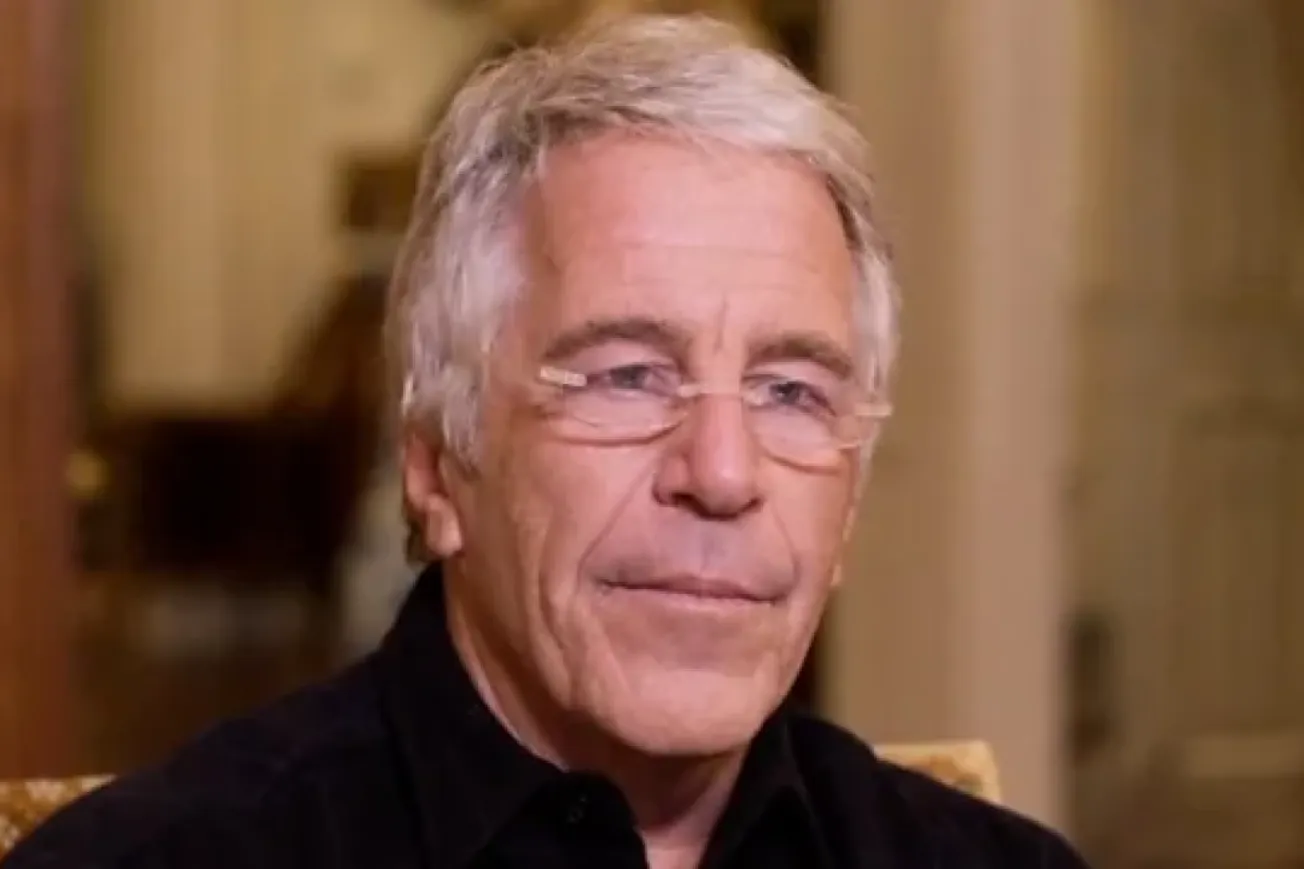By Bartosz M. Rydliński - Project Syndicate | Feb 24, 2025
Fear of being left behind economically and socially proved to be potent fuel for the far-right Alternative für Deutschland, which for the first time won more votes than the Social Democrats in a German federal election. So long as center-left parties fail to address this fear, the far right will continue to exploit it.

